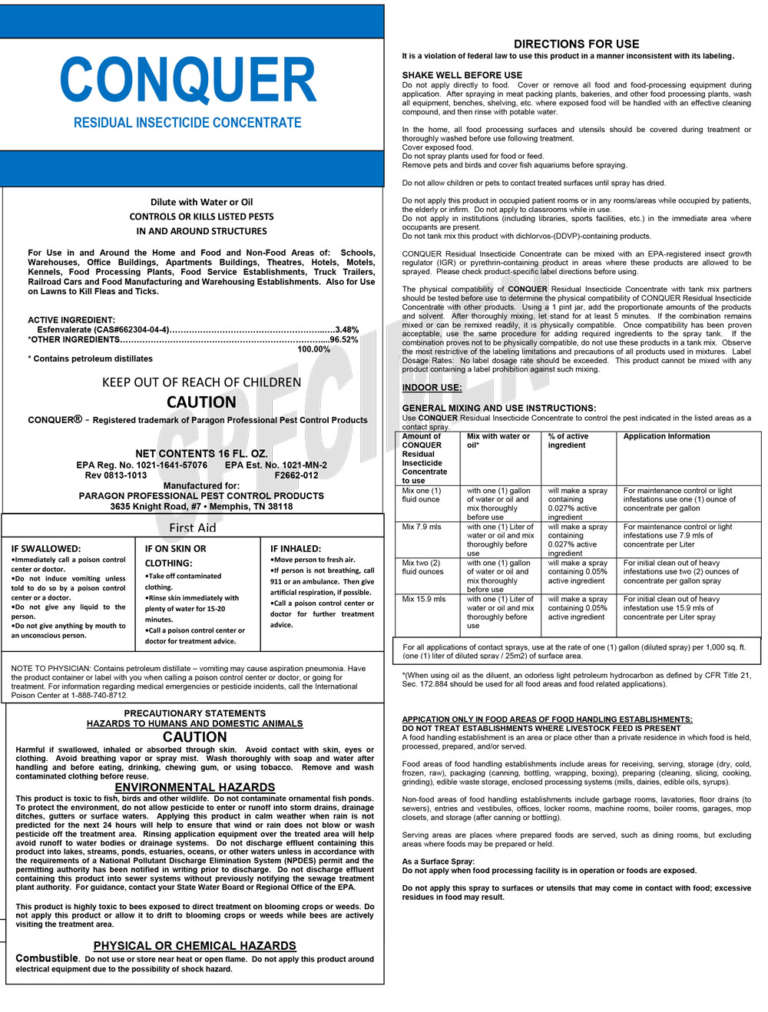

The company allows for in-person payments at traditional brick-and-mortar locations such as restaurants and retailers or online payments for commerce stores or order-by-phone businesses. Wholesale Payments lets you take virtually any type of payment, including Visa, Mastercard, American Express, Discover, Diners’ Club, JCB, EBT, corporate cards, checks, and gift cards.
#RESIDUAL PAYMENTS REVIEWS FREE#
Read more about Free Credit Card Processing. The surcharging program also has a $49 monthly fee. (Debit cards “run as credit” are still considered debit cards and cannot be surcharged.) Businesses that can use it may still have charges if a customer uses a debit card. Note that surcharging is prohibited on debit cards and prohibited entirely (credit and debit) in 10 states.īusinesses operating in one of those states would not be able to use the automatic surcharge pricing option. The video explains that you would price your goods or services as “cash price” and if customers choose to pay with a credit card, a 3.5% fee will be added when they checkout. The company claims that this results in “free” credit card processing, though it should be noted that there are still fees. Wholesale Payments includes a video on its website about its automatic surcharging program, where you can pass the costs of processing to your customers.

Alternatively, if you have any questions, call us on 01442 838195. Leasing a vehicle is the perfect way to minimise your outgoings and organise them into affordable monthly payments, especially if you choose to lease with a company like Vanarama – we offer the best deals, with guaranteed FREE & FAST delivery.Įnjoyed this post? Why not try this one about the importance of servicing your vehicle. That's the truth! When you lease, you only pay for the depreciation that occurs on the vehicle during the time that you have it (plus the interest, fees and taxes). Leasing is designed to offer flexibility and low monthly payments – it allows you to drive a brand-new vehicle for a fraction of the price you would pay if you were to buy one outright. This way you'll have a rough idea of what the correct average residual value for your chosen vehicle is, and will feel confident with the number you're given during lease negotiations.

The residual value considers expected depreciation in value, historical demand for your chosen model and the effect of expected mileage. This calculation will be factored into your monthly lease payments, so it's worth doing some of your own research to understand what the estimated residual value of your vehicle would be, before signing a contract. What is the residual value?Ī vehicle's residual value is an estimate of how it will be worth when the lease term is over. It's a crucial element of the leasing process, so let's take a closer look and see how it determines the price of leasing your brand-new vehicle. But, how are these payments calculated and what influence does residual value have? Vanarama's Laura Day reports.Īn important aspect of leasing – perhaps the most important – is the residual value of the vehicle at the end of the agreement. leasing a vehicle involves a small deposit and manageable monthly payments – that's why it's such an attractive option. All you need to know about residual value.


 0 kommentar(er)
0 kommentar(er)
